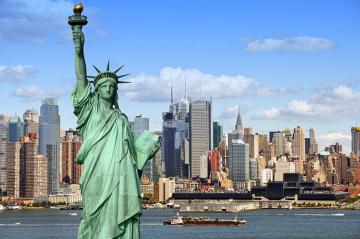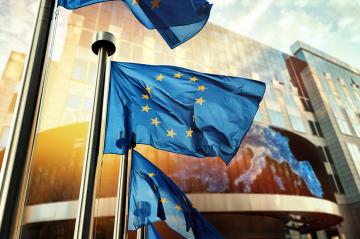The last 15 years Facebook has manipulate users' news feeds to increase ad revenues. These undoubtedly high revenues have made Mark Zuckerberg and his shareholders incredibly rich. Nevertheless, Mark Zuckerberg is trying a new approach by decentralizing the successful model.
In a New Year post, the founder of the biggest social platform said that "with the rise of a small number of big tech companies … many people now believe technology only centralizes power rather than decentralizes it." Therefore, he promised tо "to go deeper and study the positive and negative aspects" of decentralizing technologies such as cryptocurrencies.
On January 11, Mark Zuckerberg also informed the public about upcoming changes to the news feed. According to his post, Facebook users will see more content from their "friends, family and groups" and "less public content like posts from businesses, brands, and media". Mark Zuckerberg believes that such changes will be "good for our community and our business over the long term". Wall street reacted negatively to this statements and Facebook’s shares fell 4.5% immediately after this Mark Zuckerberg’s report.
Mark Zuckerberg’s sensational decision is explained by his intention to prevent misuse of Facebook tools. For example, last year Russians were accused of using Facebook to influence on the US elections. Even if this accusation is false, such frightening influence can be feasible in practice.
Moreover, the current Facebook algorithm creates so called echo chambers of users with the same interests. It means that users produce and share content they all agree with, turning into an attractive audience to sell to advertisers. Eventually, users have realized the deal they're getting: they deliver traffic to Facebook as well as attention to advertisers, but receive no payment in exchange for their work. In addition, they have to look at content they don't like.
Undoubtedly, Mark Zuckerberg is worried about growing discontent among Facebook users. The decentralized systems can prove to be an effective solution giving both shareholders and users what they need. It is still impossible to say what exactly will be the result of Facebook’s experiment with decentralized systems. Although, some experts have already assumed that it could be Facebook crypto-tokens, which would be distributed to shareholders and to users for traffic their original content generates.



